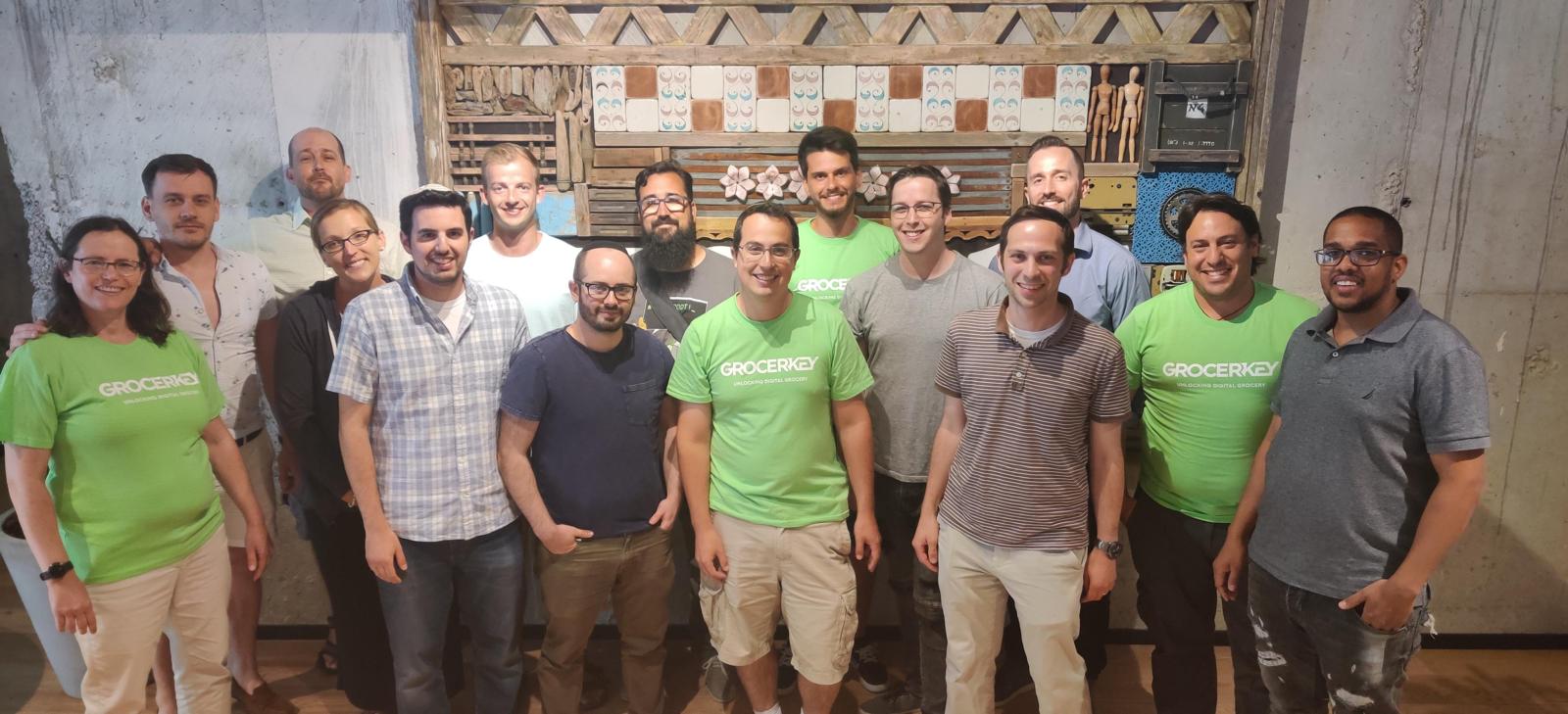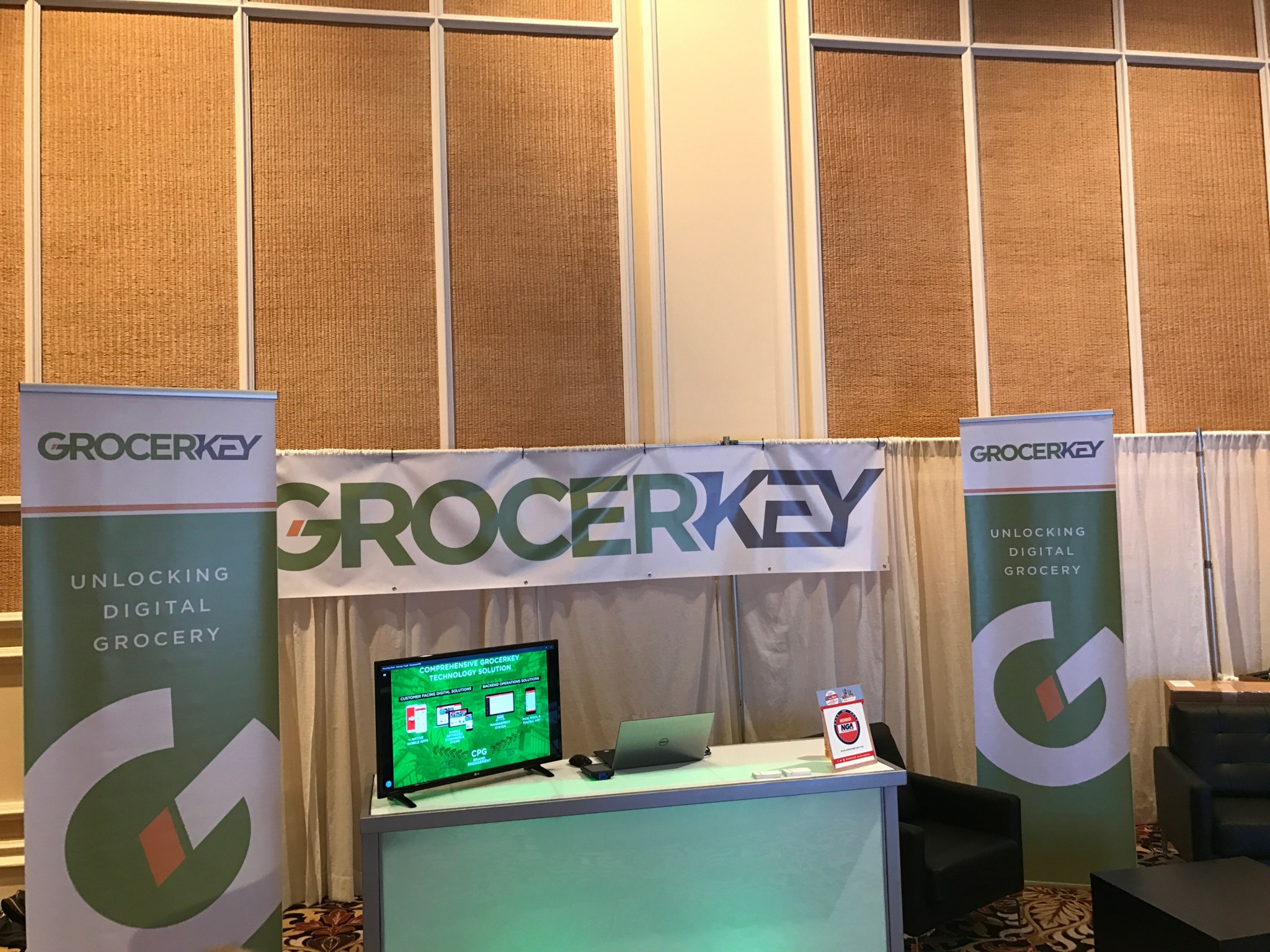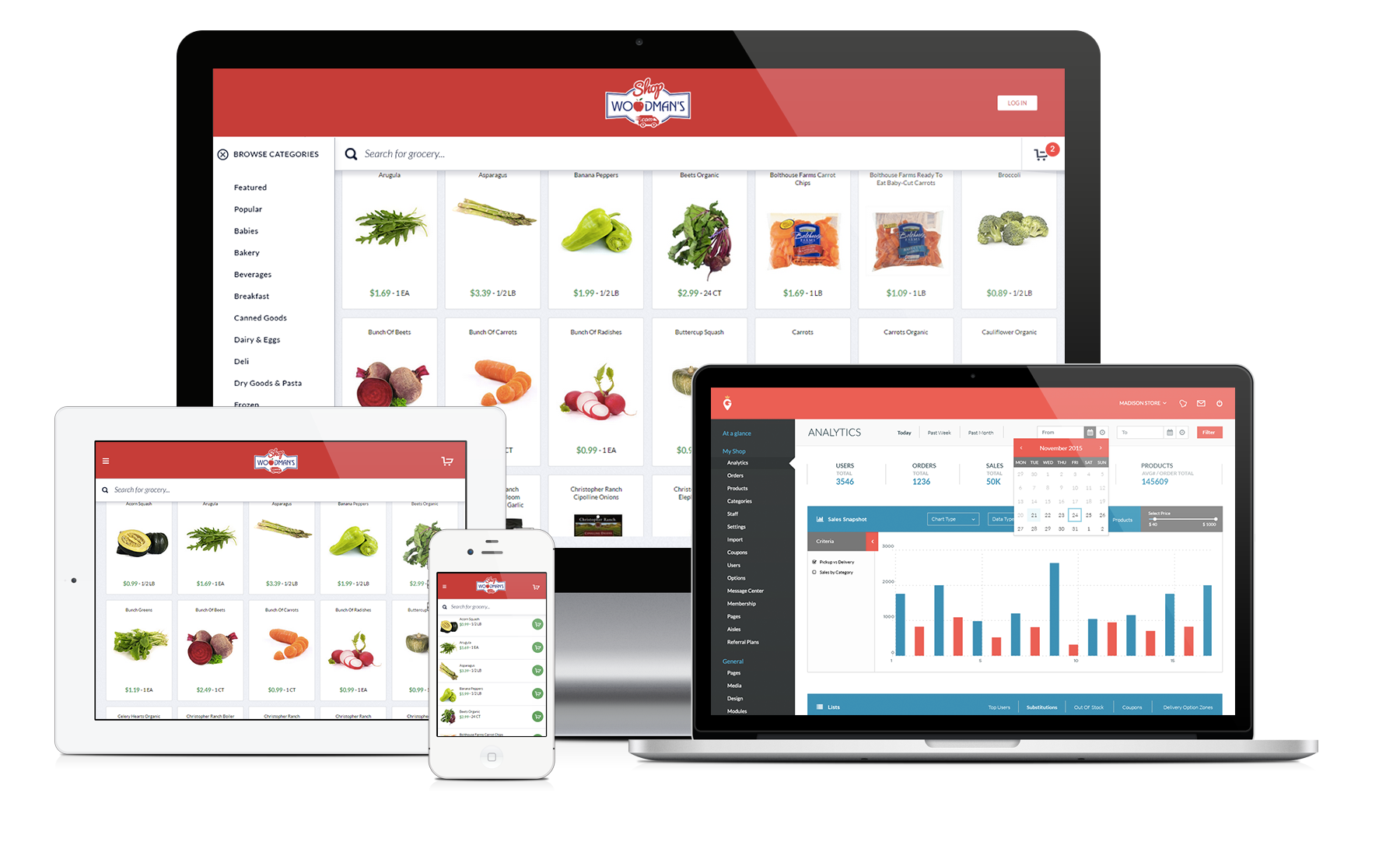We caught up with the brilliant and insightful Daniel Glucksman a few weeks ago and have shared our conversation below.
Hi Daniel, thanks for joining us today. We’d love to hear your thoughts about making remote work effective.
At GrocerKey, the startup I founded in 2014, I led a fully remote R&D team of 40 people spread across 14 different countries.
Remote work, when done right, leads to higher job satisfaction. People can align their work with their natural productivity rhythms and be more present for personal life events. It also significantly widens the talent pool, both geographically and economically, allowing you to hire the right people, not just the closest ones.
That said, remote work isn’t without its challenges, chief among them the risk of isolation. Hiring in overlapping time zones helped us maintain social cohesion. We also scheduled a daily team meeting and set aside regular time for team members to share what they were working on, giving everyone the visibility and recognition they deserved.
A common misconception is that strong relationships can’t be built remotely. While in person relationships may have a higher likelihood of deepening more quickly, many of the team members I worked with continue to stay in touch years later. We still have meaningful conversations that extend well beyond work.
Another remote work challenge is lack of communication. To address this, we created a communication guide focused on clarity and efficiency. We encouraged the use of visuals wherever possible and discouraged vague pings like “hey, you there?” in favor of clear, direct messages.
We also fostered a culture of trust and accountability, with systems in place to detect when someone might be struggling or disengaged so we could step in early and offer the right support.
It’s important to acknowledge that remote work isn’t for everyone. During the hiring process, we prioritized candidates with prior remote experience, a stable and quiet work environment, and strong self-management skills. Additionally, we focused on hiring within a +/- 3 hour time zone window, which gave us enough overlap to enable synchronous communication when needed.
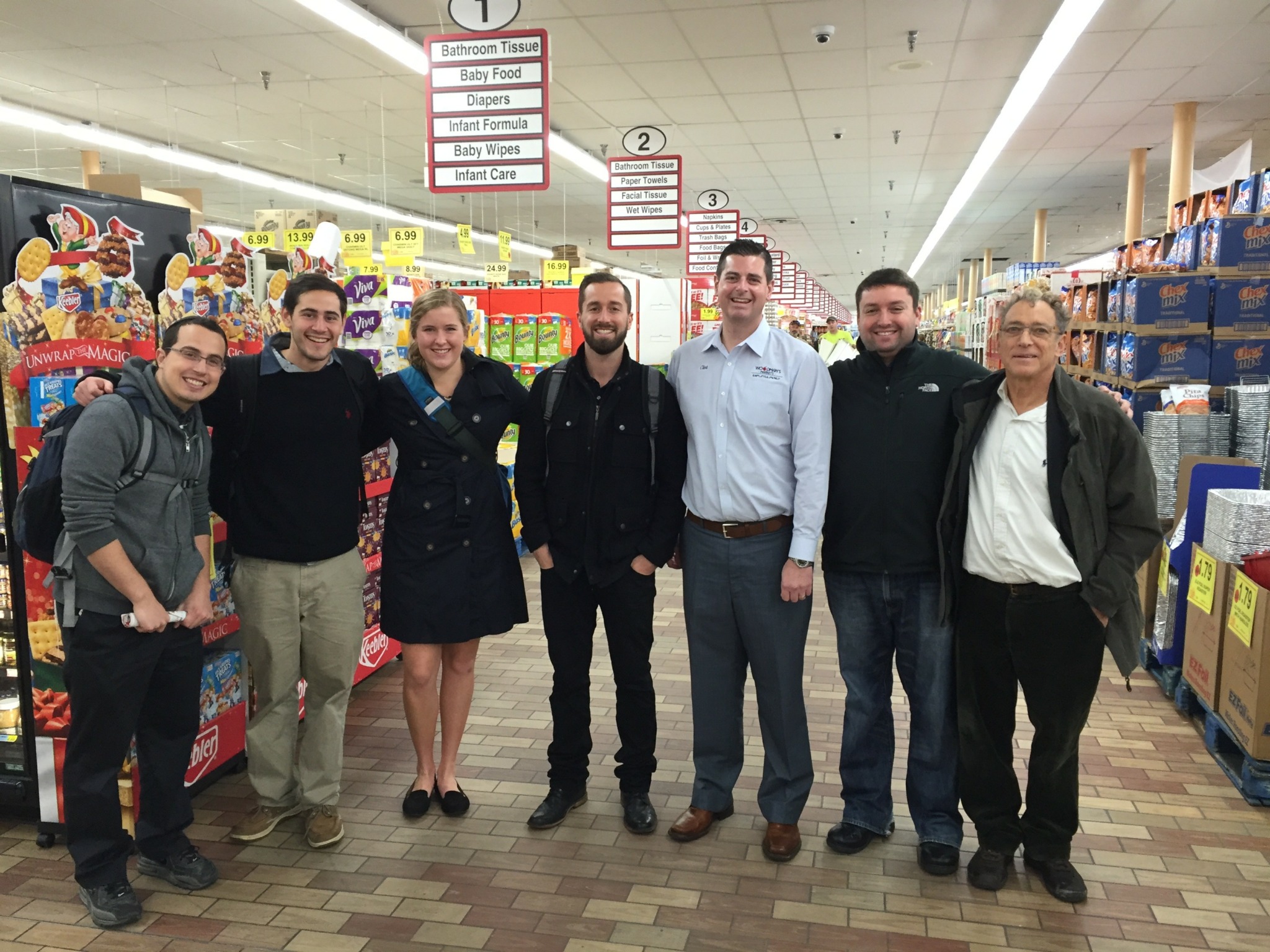
Daniel, before we move on to more of these sorts of questions, can you take some time to bring our readers up to speed on you and what you do?
My name is Daniel Glucksman. I’m a father of three and a tech entrepreneur with a passion for solving meaningful problems. I’ve spent the last 15 years in the tech industry, starting out as a software developer and gradually stepping into product and leadership roles.
Along the way, I discovered that I’m really attracted to earlier stage startups. I love the chaos, the uncertainty, and the opportunity to shape something from nothing.
In 2014, I co-founded GrocerKey, an enterprise grade e-commerce platform built for grocery retailers. We launched at a time when most regional grocers were just beginning to explore online shopping, and we helped dozens of them make that leap. Over the next several years, we scaled the business to $75 million in annual recurring revenue before being acquired in 2021. That experience taught me how to build a company from the ground up, how to scale systems and teams, and most importantly, how to stay focused on delivering real value to customers.
Most recently, I served as CTO at PrettyDamnQuick (PDQ), an early stage e-commerce startup building tools to help brands grow profitably on the Shopify platform. We recently raised a $25 million Series A, which will enable us to grow significantly in 2025.
Alongside the day to day, I advise other startups, especially early stage teams, on everything from finding product market fit to practical innovation.
These days, I’m focused on reinventing my career with intention. I want to do meaningful work with good people on problems that matter while also showing up fully for my family. I have three young kids, and being an engaged parent is a top priority. That means I am deliberate about the projects I take on, looking for opportunities that support both impact and balance.
Something I believe that makes me unique is that I tend to approach problems from unexpected angles. I am not afraid to challenge assumptions or break with convention, and that mindset often leads to solutions others might overlook.
Outside of work, I’m a songwriter and musician. I play guitar and piano and find creative expression to be a grounding force in my life. Recently, I’ve been going through a personal reset by getting more intentional about my health, cutting back on digital distractions, and focusing on being present. It is a work in progress, but one I’m proud of.
Ultimately, I’m interested in helping people unlock better ways to live and work. Whether that’s through software, coaching, or building businesses, the goal is the same: make things better, and do it in a way that is sustainable, human, and real.
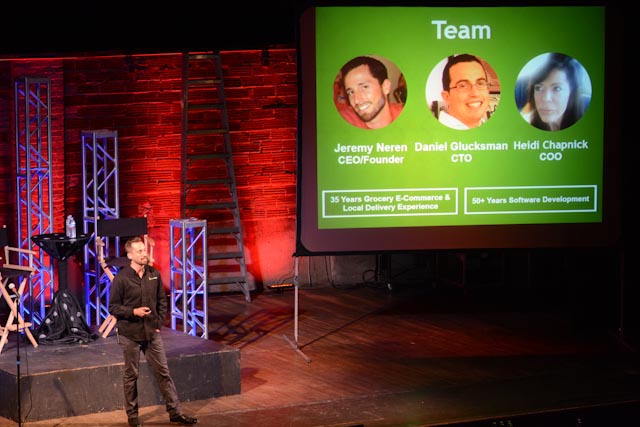
We’d love to hear about how you met your business partner.
I met Jeremy on a platform called CoFounderLabs, which was a social networking site for entrepreneurs looking to start something together. Today, Y Combinator has its own cofounder matching tool that has become more popular. But back then, CoFounderLabs was the place to go.
What most people don’t realize is that finding a cofounder is a lot like finding a life partner. You’re not just looking for someone with the right skills; you’re looking for chemistry, shared values, complementary strengths, and a deep commitment to solving the same problem. I spent several months on the site, meeting with dozens of potential partners. It was exciting at first. But over time, the process became draining, and there were moments when I seriously thought about giving up.
Then I met Jeremy.
Something clicked immediately. The conversations felt easy, and the energy was right. We both shared a passion for building something meaningful in the grocery e-commerce space. Before long, we decided to start GrocerKey, a platform that helped grocery retailers launch and scale their online operations.
What made it even more unique was that we were living 6,000 miles apart on opposite sides of the world. We built the entire company that way. For the first six months, we never even met in person. In fact, it wasn’t until after we secured our first $100k investment that we finally met face to face.
Looking back, I realize how rare that story is. But I share it because I hope it shows what’s possible when two people find their rhythm. When you get into your groove with the right partner, nothing can stop you. It takes persistence to find that kind of connection, but it’s absolutely worth it. Along the way, you’ll have meaningful conversations, grow your network, and learn a lot about yourself and what you’re really looking for.
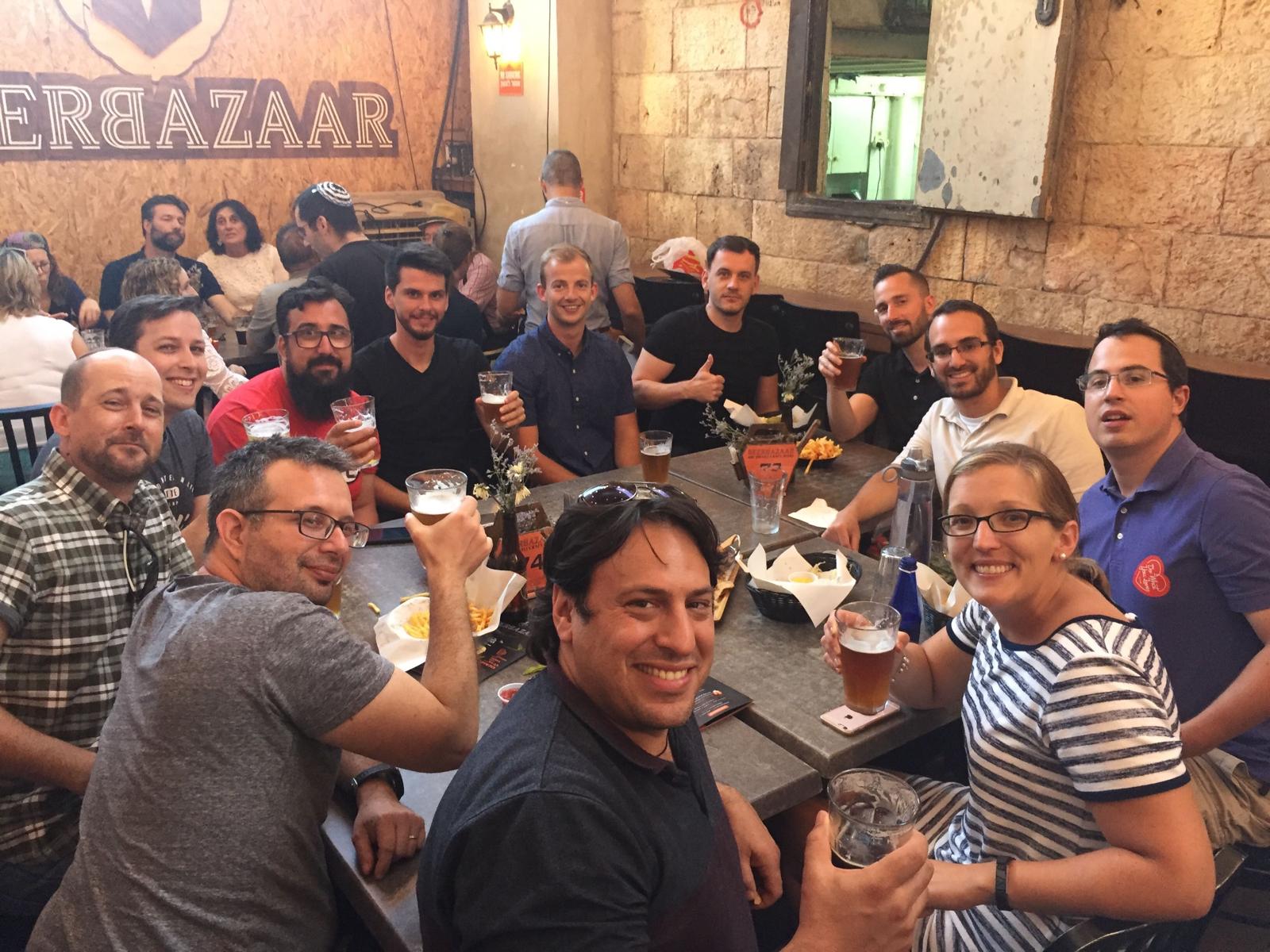
How about pivoting – can you share the story of a time you’ve had to pivot?
I began my career as a software developer and worked my way up to management roles. But something was always missing. I didn’t love working for others, and I wasn’t especially passionate about what I was building. It was just a way to make money.
After about five years, I decided I’d had enough. I wanted to start something of my own. The problem was, I didn’t have an idea. I didn’t have any entrepreneurial experience. And honestly, I had no idea what I was doing.
So I figured the best way to get into the game was to find someone who had more experience than me. I did some Google searches and found a site called CoFounderLabs, a networking platform for startup founders.
I started reaching out to people, one conversation at a time. Every founder I met taught me something new. I learned about startups, about the process, and about myself. Some conversations led nowhere, but I kept showing up. I kept learning. I kept going.
Eventually, I met Jeremy. We connected and decided to start building something together. At first, I worked on it part time while still keeping my day job. But after we received our first $100k investment, I made the decision to go all in.
That meant taking a huge pay cut. My salary dropped to a small fraction of what I had been making. And yes, there was a lot of uncertainty. But I just couldn’t take another day of going through the motions. I needed a change, and this was my chance to finally build something I believed in.
Some people enjoy working within a structured system, and that works for them. But if you feel that urge to do your own thing, I want to encourage you to take that first step. Even if you don’t know exactly where it will lead.
Doing work you care about makes the hard days worth it. And it has the power to completely change the direction of your life.
Contact Info:
